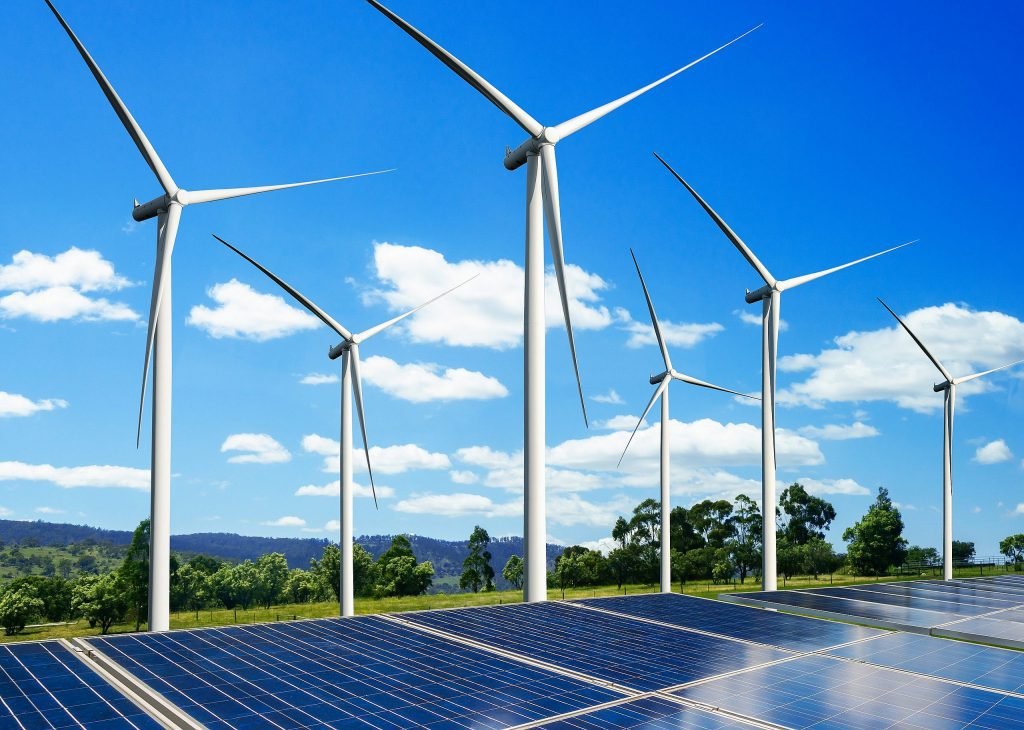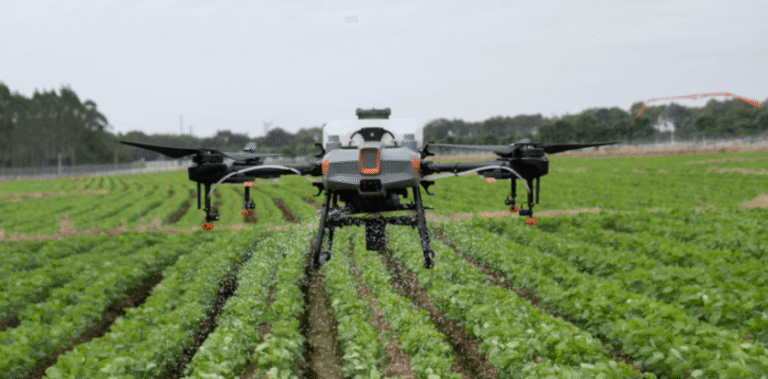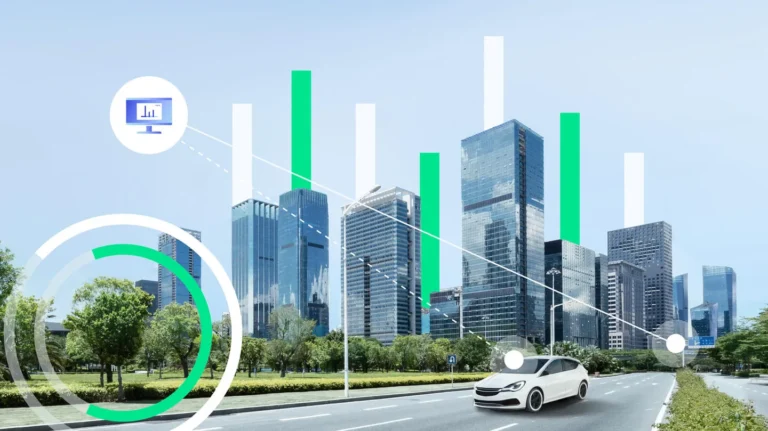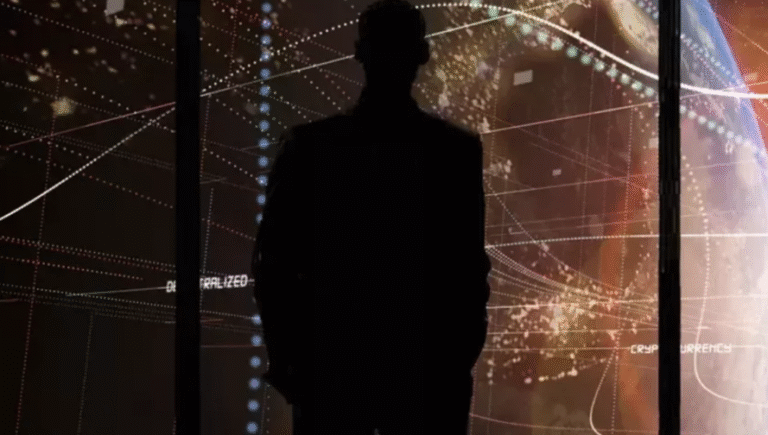How Technology Is Supporting Sustainable Energy Solutions
Technology is fundamentally transforming the landscape of sustainable energy solutions. Innovations such as bifacial solar panels and smart grids are redefining energy production and distribution. Additionally, advanced energy storage systems are crucial for enhancing reliability. The integration of IoT and AI into energy management opens new avenues for optimizing consumption. These developments signal a significant shift towards more efficient practices. However, the implications of these advancements require further exploration to understand their full potential.
Innovative Solar Technologies Revolutionizing Energy Production
As the demand for renewable energy continues to surge, innovative solar technologies are emerging as pivotal solutions that could redefine energy production.
Bifacial panels enhance efficiency by capturing sunlight on both sides, while solar tracking systems optimize orientation to maximize energy capture throughout the day.
Together, these advancements not only increase output but also empower consumers to harness energy freedom, driving a sustainable future.
See also: How Technology Is Improving Urban Mobility
The Role of Smart Grids in Energy Distribution
While traditional energy distribution systems often struggle to accommodate the growing complexities of modern energy demands, smart grids offer a transformative solution that enhances efficiency and reliability.
Through smart meter integration, consumers gain real-time insights into their energy usage, promoting informed choices.
Furthermore, these advanced systems bolster grid resilience, adapting dynamically to fluctuations and ensuring a more sustainable and secure energy future.
Energy Storage Solutions: Enhancing Reliability and Efficiency
Energy storage solutions are pivotal in addressing the intermittent nature of renewable energy sources, particularly solar and wind power.
Recent battery advancements enhance the reliability and efficiency of these systems, allowing for greater energy capture and utilization.
As society seeks sustainable solutions, integrating advanced storage technologies will empower individuals to harness clean energy, fostering independence and resilience in energy consumption practices.
The Impact of IoT and AI on Energy Management Systems
The integration of IoT (Internet of Things) and AI (Artificial Intelligence) technologies is revolutionizing energy management systems by enabling real-time data analysis and automation.
IoT sensors collect vast amounts of energy usage data, while AI algorithms analyze this information to optimize consumption patterns.
This synergy enhances operational efficiency, reduces waste, and empowers users to make informed decisions, ultimately supporting sustainable energy practices.
Conclusion
In an era where technology is often blamed for environmental degradation, it ironically emerges as the hero of sustainable energy solutions. Innovations like bifacial solar panels and smart grids promise to transform energy production and distribution, while energy storage systems ensure reliability. Meanwhile, IoT and AI cleverly analyze data to optimize consumption. As society grapples with its reliance on technology, it is perhaps the very tools of modernity that will guide the world towards a greener, more sustainable future.






